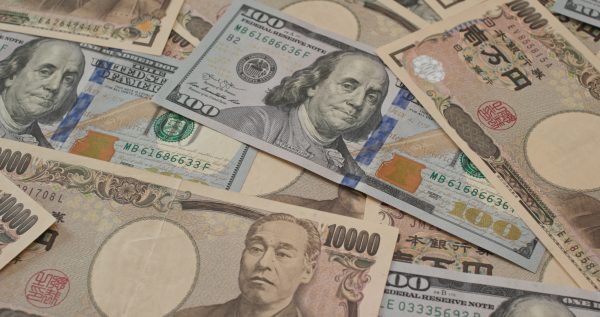As geopolitical tensions remain high, U.S. capital has been moving out of China and into Japan. President Joe Biden’s restrictions on certain U.S. investments in China’s biotech, AI, and any sectors that could be deemed as “civil-military fusion” have caused concerns for many global financers investing in the second largest economy since mid-2023.
The U.S. government’s executive orders to restrict outward investment into Chinese advanced technology and sanctions around Chinese tech companies have created considerable worries for U.S. investors looking at the market. Thus we’ve seen Sequoia spinning off its China arm, Hillhouse repositioning itself as a APAC fund, and TPG not investing in China anymore.
On the other hand, Chinese market darlings like e-commerce behemoth Alibaba, ride-hailing app Didi Chuxing, and gaming and social media giant Tencent were hit over and over again by waves of domestic regulations. Unfortunately, they have become double victims of the China-U.S. tensions and the broader storms in the Chinese economy. The murky domestic policies have not succeeded at rallying the economy or the consumer sentiment in the country.
Global investors seem to have lost patience in waiting this out, when there is no end to this downturn in sight. Many private equity firms and hedge funds finally threw in the towel and shut down operations over the last year. A number of China-focused hedge funds in Asia dropped significantly, with many shutting down operations and leaving the Greater China market.
Singapore has been a huge beneficiary, as talent and capital move from Greater China to the city-state. Meanwhile, USD investments are flooding India and Japan’s capital markets. Investors scorched by the grim Chinese market are picking Japan and India as top choices – India as the next growth story and Japan for its economic and capital market reforms.
With all this in mind, Japan-focused funds doubled in the last year, with significant number of APAC funds pivoting to multi-market strategies.
Many skeptics originally didn’t think the interest in Japan would last; after all, it took over three decades for global investors to regain their appetite for Japanese stocks. But the Japanese market is roaring and flushed with new foreign capital.
In March 2023, the Tokyo Stock Exchange requested all listed companies on the Prime and Standard Markets to improve capital management and increase consciousness of the cost of capital and stock price. These efforts have largely increased efficiency in the market and raised expectations for many shareholders and investors that further progress will be made.
The TOPIX, an index of Japanese stocks, is projected to rise about 13 percent to 2650 by the end of 2024, according to Goldman Sachs. M&A activities in 2023 rose about 50 percent year-on-year, based on a Recof survey.
The Japanese equity market is forecast to rally in 2024, boosted by solid growth and stock market reform according to Goldman Sachs in a recent outlook memo. The Nikkei rose more than 50 percent in a little over a year and share buybacks in Japan saw a material increase since 2021. Now global managers are scrambling to enter the market for fear of losing a golden opportunity. The incoming inquiries regarding the Japanese market have been “overwhelming,” a JP Morgan executive in Japan told Reuters.
With favorable valuations and a push from regulators to enhance disclosure practices as well as strengthen investor communication channels, all signs are leading to a healthier capital market environment for companies and investors in Japan.
Compared to the 1980s, investors are pointing out that valuation and mindset are significantly different now. After four decades of complacency and seeing neighboring countries rally their markets, Japan is looking for ways to capture this opportunity.
The key difference between Japan’s capital market versus China’s 20 years ago is that there was no framework and no precedent in China when USD entered the emerging market. The influx of U.S. investment drove new technology and consumer brands and propelled the incredible growth we witnessed in China, but that isn’t what investors are expecting in Japan. Japan’s capital market is mature and robust. The influx of capital to Japan has inspired regulators, businessmen, investors across the board.
While foreign capital piles into Japan, the United States and Japan are using this opportunity to go beyond just solidifying business partnerships. When Japanese Prime Minister Kishida Fumio makes his state visit to Washington in April, he and Biden will upgrade the Japan-U.S. security alliance, another explicit move to counter China. The greenlight directly from the U.S. government on partnership with Japan across all sectors only makes its markets more attractive as a safe haven from geopolitical tensions.
So while China’s global growth story is hitting a rough patch, in Asia, we’ve now officially entered the era of Japan’s revitalization.


